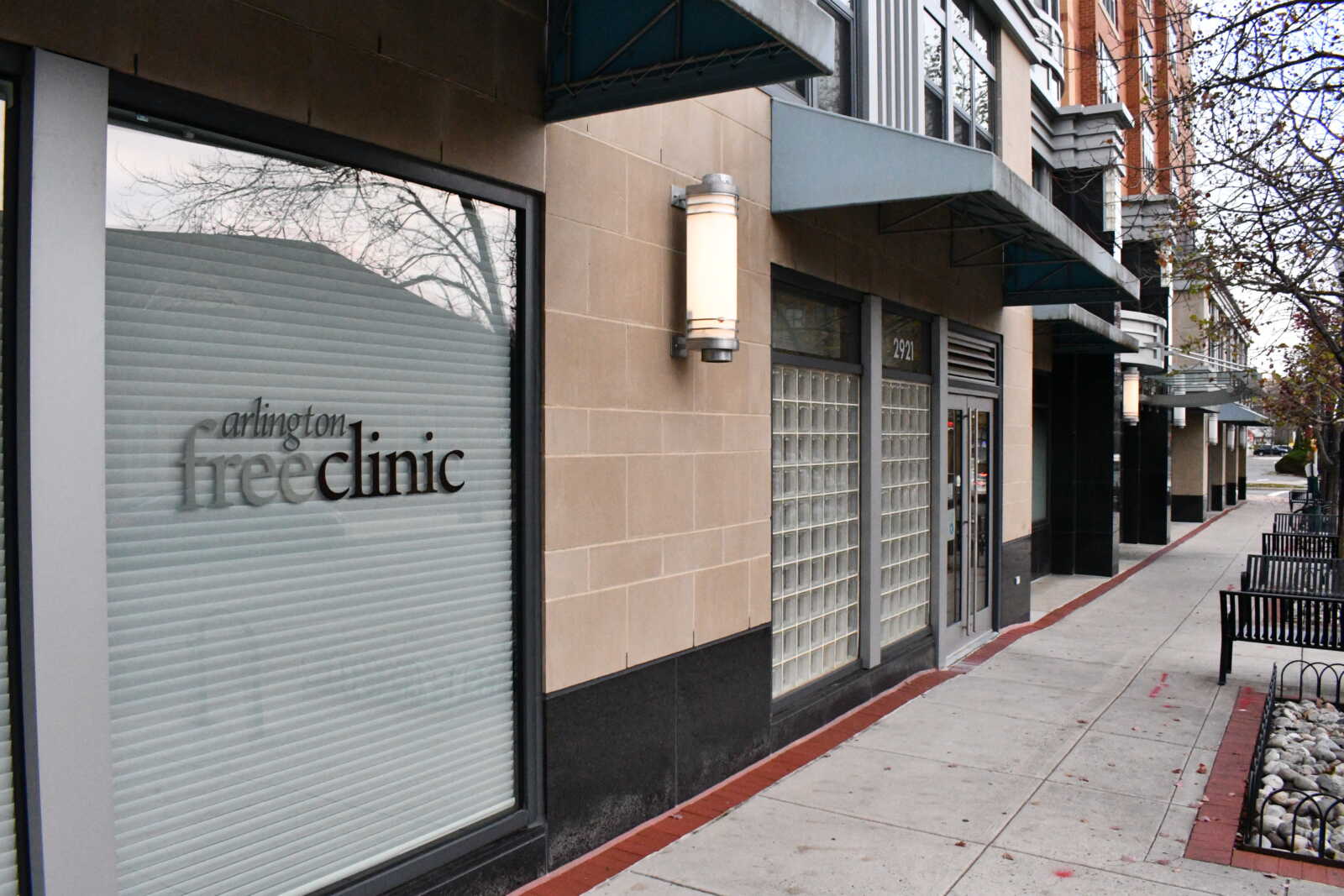
Nearly a dozen Arlington nonprofits surveyed by ARLnow reported meeting or exceeding their fundraising goals for Giving Tuesday this year.
But there’s a catch.
Several nonprofit leaders have expressed concerns about rising costs and a decrease in donor participation potentially impacting their ability to meet increasing demands for assistance across the county.
“Inflation is our greatest challenge as it is raising our expenses faster than our income is coming in,” the director of the strategic partnerships at PathForward, Liz Norah, told ARLnow in an email. “The cost of goods and inflation have caused many families to make difficult decisions regarding their charitable giving, and we have seen the impact of this.”
On Giving Tuesday — the Tuesday after Thanksgiving — PathForward, which provides housing support for homeless individuals and families, raised about $8,000, says Norah.
While that is comparable to last year, she underscored that the organization is still uncertain corporate and individual support will match previous years.
“We are still seeking [corporate] partnerships for 2024, so it’s a bit early to say if this is going to impact us,” Norah said.
PathForward’s experience mirrors national trends. During Giving Tuesday, the United States saw a modest 0.6% increase in donations from last year, totaling approximately $3 billion, according to data from the global philanthropy organization GivingTuesday.
The data also shows a 10% drop in participating adults, from around 38 million in 2022 to 34 million.
Arlington Free Clinic Executive Director Nancy White said there is no denying that nonprofit fundraising is down.
She argued, however, that nonprofits are also comparing their 2023 fundraising figures to the higher-than-normal amounts raised during the pandemic.
“I think that everybody’s seeing some of the impact because people were so generous, particularly toward safety-net nonprofits, during the pandemic and really reached deep to be able to support us,” White said. “So relative to that, a lot of nonprofits are seeing a decrease.”
This decline in donor participation comes at a particularly challenging time, when Arlington nonprofits are experiencing a growing demand for their services.
Linley Beckbridge, director of Communications and Advocacy at Doorways, which provides shelter to survivors of domestic violence, says the number of adults and children they have checked into the shelter has doubled within the last five years.
“Domestic violence is on the rise,” Beckbridge said. “As Arlington’s only provider of safe housing — emergency shelter for survivors and their children in imminent danger due to domestic violence — it is critical that Doorways expands our capacity to meet the growing need.”
During this year’s Giving Tuesday, Doorways raised about $4,000, primarily from Arlington supporters. Beckbridge says this is consistent with last year but not enough amid inflation.
“As the need for our services escalates, and the cost to provide those services rises, we will need more support from our community in this pivotal time of year,” she said.
Costs are rising not only for nonprofits but also for families, driving more households to lean on assistance. Within Northern Virginia, South Arlington, for instance, has one of the highest concentrations of families who cannot afford basic needs and childcare.
The need for emergency assistance in Arlington “is as high as it has ever been,” says Jeanette Mallet, the director of Strategic Development and Communications at Arlington Thrive, a nonprofit providing financial aid to Arlington residents in sudden financial crises.
“Unfortunately, as pandemic supports have wound down, there are fewer funds to go around, and many families are having a very difficult time coping with the cost of living in Arlington,” she said.
Lower support for nonprofits can have deep impacts on residents who lean on these organizations for essential services. For instance, some 90% of funding for Arlington Free Clinic pharmacists, nurses and administrators, who serve around 8,000 uninsured patients annually, comes from grants.
Lack of access could force people to move, says White.
“All of a sudden, those services weren’t available; people would have to go somewhere where the cost of living is so much less that they could afford it,” White said. “That, to me, means that we have a better and more interesting, rich, diverse community to live in because we’ve got services that allow everybody to live.”

